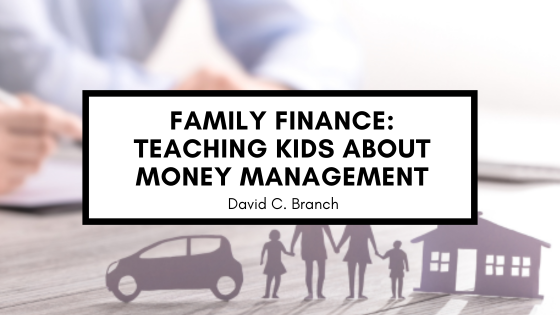In today’s fast-paced world, financial literacy has become an essential life skill. The earlier children learn about money management, the better equipped they will be to navigate their financial futures successfully. Instilling financial literacy in kids is a responsibility that falls on parents, educators, and society as a whole. By teaching children basic money management skills and cultivating positive financial habits, we can empower them to make informed decisions, avoid pitfalls, and establish a solid foundation for their future financial well-being.
Impacts of Teaching Kids About Money Management:
- Financial Independence: Teaching kids about money management instills a sense of financial independence early on. By understanding the value and power of dollars, children learn to make informed choices about their spending, saving, and investing.
- Goal-setting Skills: Money management teaches kids the importance of setting financial goals. Teaching children to save for a specific item or experience encourages them to develop discipline, delayed gratification, and a sense of achievement when they reach their objectives.
- Responsible Spending: Learning about money management helps children differentiate between wants and needs. Kids who understand the concept of responsible spending learn to prioritize their expenses, avoid impulsive purchases, and make wise financial decisions based on their current needs and future aspirations.
- Debt Avoidance: By teaching kids about money management, we can help them learn the dangers of debt. Understanding the consequences of overspending and borrowing beyond one’s means empowers children to avoid unnecessary debt and make informed decisions about credit and loans in the future.
- Savvy Consumer Skills: Money management education enables kids to become savvy consumers. Equipped with knowledge about budgeting, comparative shopping, and identifying value for money, children can make informed decisions when making purchases, ensuring they get the most out of their hard-earned dollars.
Tips for Teaching Kids About Money Management:
- Start Early: The earlier you start teaching kids about money management, the better. Even young children can understand simple concepts like saving and spending, building a strong foundation for future financial education.
- Lead By Example: Children learn from observing their parents and significant adults in their lives. Set a positive example by practicing responsible financial habits yourself, such as budgeting, saving, and making informed purchasing decisions.
- Make It Fun: Learning about money management doesn’t have to be dull. Incorporate fun activities, such as board games or role-playing scenarios, to make the learning process engaging and enjoyable for kids.
- Allow Them to Make Mistakes: Mistakes are an essential part of the learning process. Allow kids to experience the consequences of their financial decisions, such as spending all their savings on a single item, and help them reflect on how they can make better choices in the future.
- Provide Real-Life Experiences: Encourage children to engage in real-life financial activities, such as opening a savings account or setting up a small business. By experiencing firsthand the challenges and rewards of managing money, children can develop practical skills that will benefit them for life.
Teaching kids about money management is a crucial life skill that empowers them to make sound financial decisions, avoid debt, and lay a strong foundation for future success. By instilling financial literacy early on, parents, educators, and society can cultivate responsible consumers and financially independent adults. With the right tools, guidance, and a supportive environment, we can equip our children with the knowledge and skills they need to thrive in an increasingly complex financial world.

